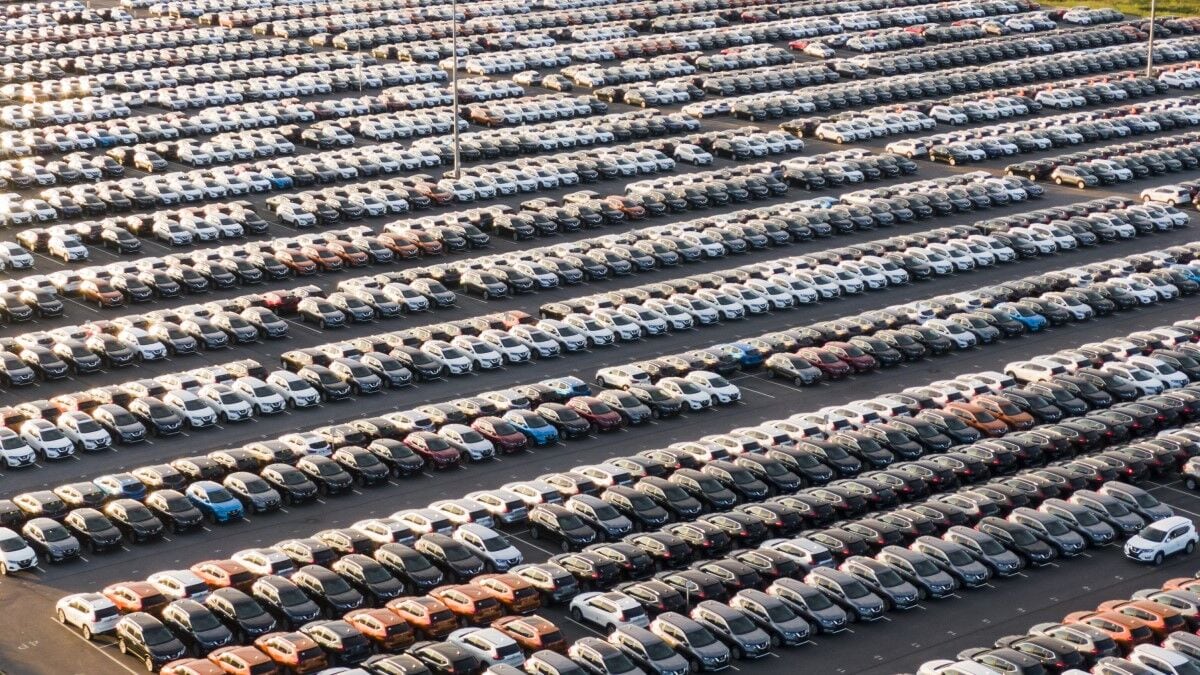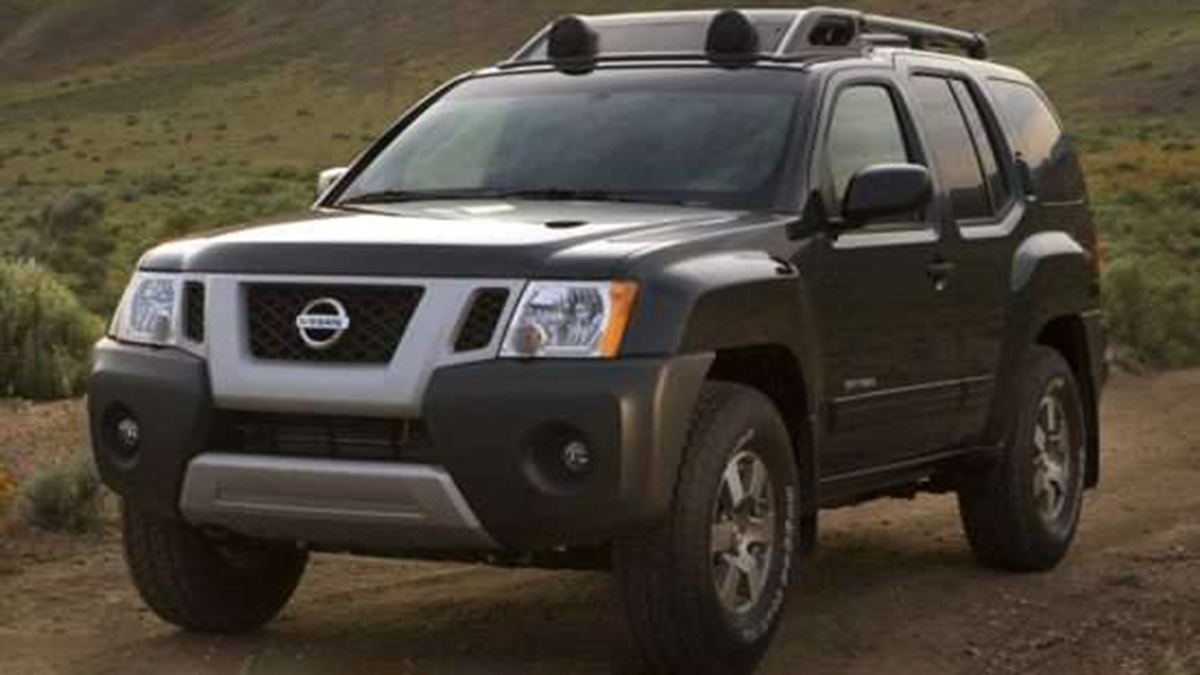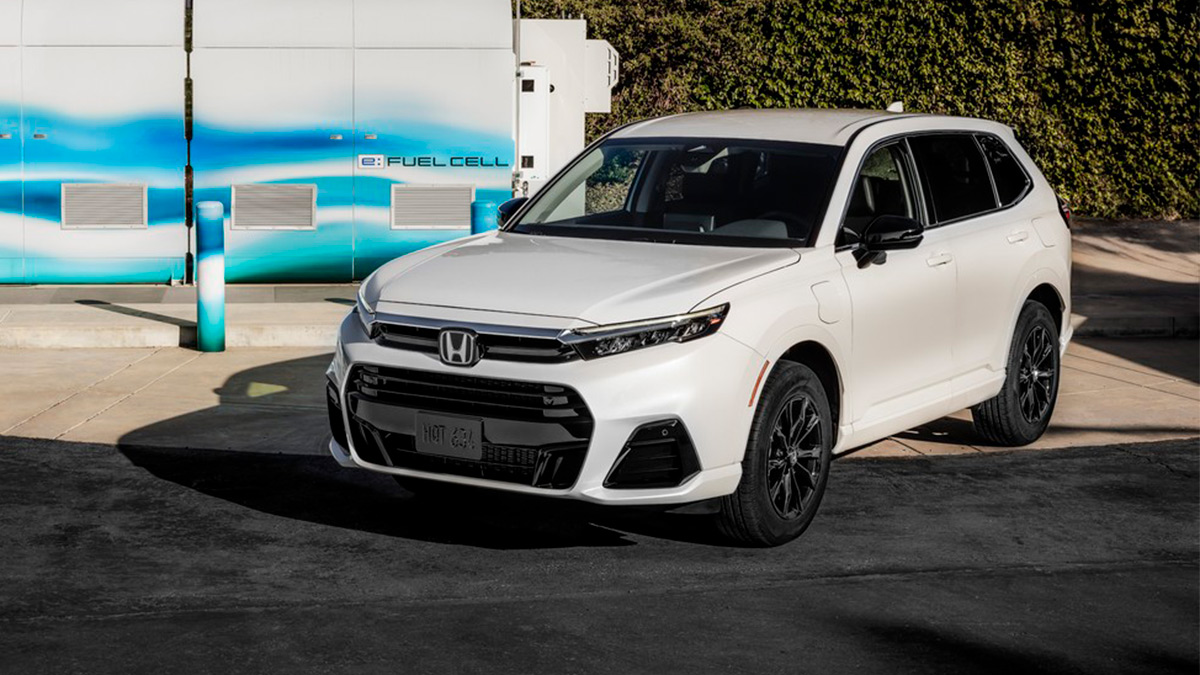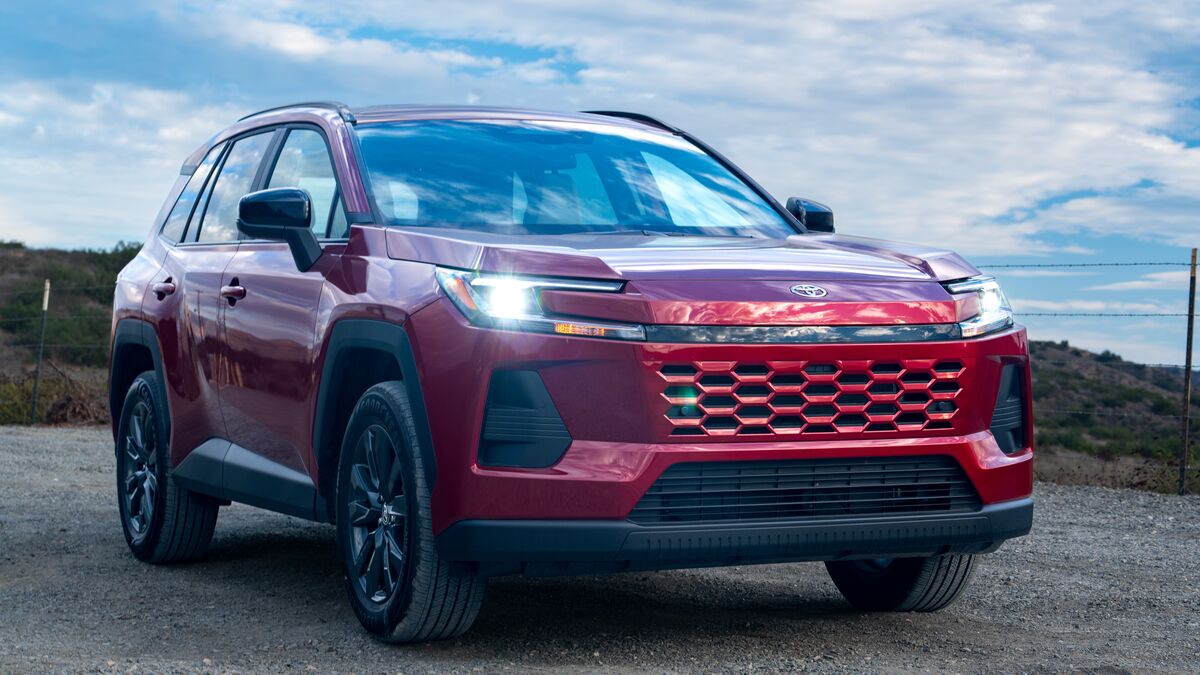- Americans bought more cars this August than last, despite hefty new tariffs
- The approaching end of the EV tax credit helped create a sales bump
- It might not last as prices start to creep up later this year
Automakers will announce their monthly sales tallies next week. We expect to see a surprisingly healthy sales pace when they come despite chaotic headlines and hefty tariffs.
Kelley Blue Book parent company Cox Automotive estimates that Americans will have bought about 1.46 million cars this August, compared to 1.42 million in August 2024.
Economists measure car sales in a metric called seasonally adjusted annual rate (SAAR), which attempts to compensate for regular seasonal fluctuations by showing how many cars Americans would buy in a year at the current sales pace. America’s new vehicle SAAR hit a robust 16.4 million in July and is expected to settle down to 16 million in August — well above the 15.1 million of a year ago.
EV Sales Spike Pushing Up the Numbers
- A $7,500 electric car tax credit goes away after September
- That’s pushing some Americans to buy now
Sales of new electric vehicles (EVs) soared this summer. New legislation will end a $7,500 EV tax credit in September. That has people who were considering an EV rushing to buy before the credit ends and pushes prices higher.
We don’t have the final August numbers yet, but new EV sales in July were up 26.4% over the prior year. Analysts expect EV sales to surge further in August and September, then fall dramatically as the credit disappears.
Price Increases, Tax Credit Disappearance Likely to Slow Things
- As the tax credit ends, EV sales are likely to temporarily crater
- Automakers warn tariff-related price increases are coming, and we’ve seen the first few
The end of the EV tax credit will deflate the sales pace. Price inflation later in the year may slow it as well.
Charlie Chesbrough, senior economist at Cox Automotive, says, “The new-vehicle sales pace has been surprisingly strong this summer as uncertainty around tariff policy has decreased. So far at least, vehicle price inflation has been relatively tame, and unemployment rates are low. Couple that good news with a strong stock market, and there are a lot of consumers who have stayed in a buying mood.”
However, tariff policy is beginning to stabilize as the U.S. signs long-term deals with multiple trade partners.
Automakers have mostly held off passing tariff costs on to consumers while tariff policy seemed unstable. Now that they can safely predict heavy tariffs over a longer term, automakers are increasingly warning that they won’t be able to absorb the costs themselves for long.
Just this week, we’ve seen significant price increase announcements from Audi and Subaru, while Nissan, Porsche, and Chevrolet have quietly hiked delivery fees on some cars.








